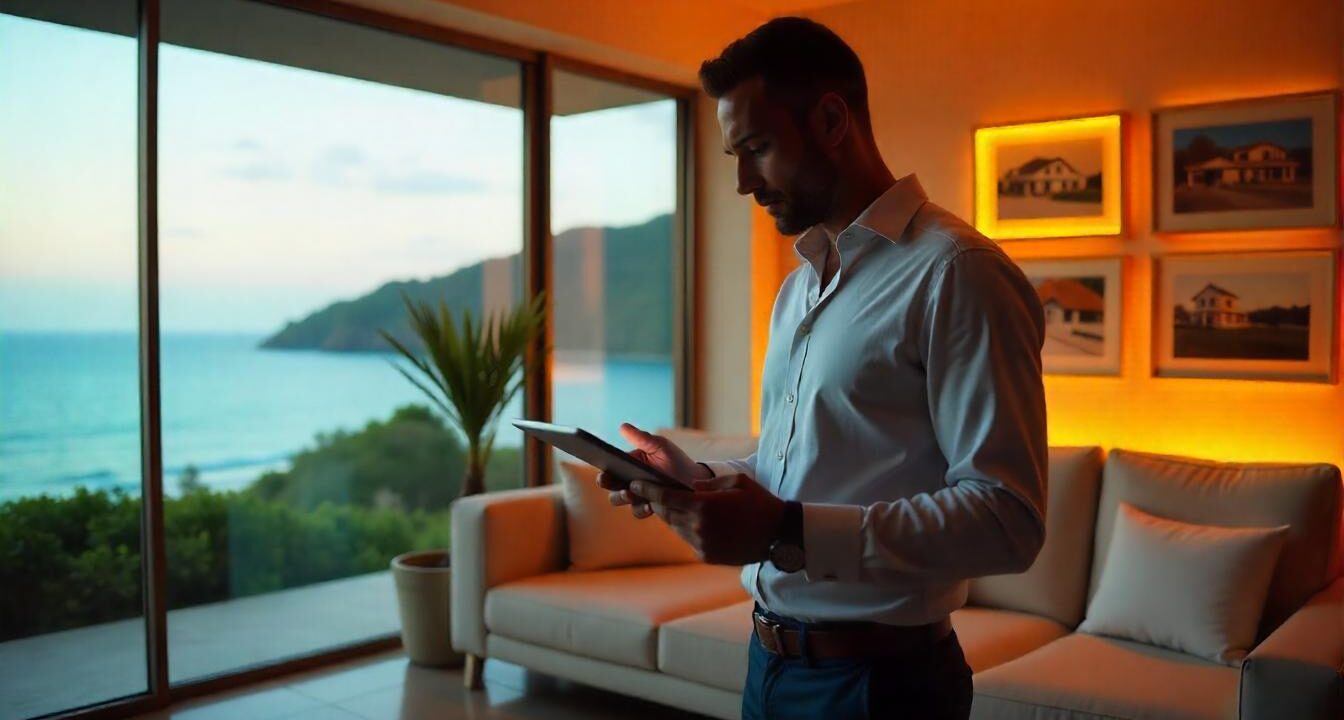Antigua & Barbuda offers one of the most popular Citizenship by Investment (CBI) programs in the Caribbean, allowing investors to obtain citizenship in exchange for a qualifying economic contribution. Among the investment options available is real estate, which often raises a common question among applicants: Can you use a mortgage to finance your property purchase and still qualify for citizenship?
Understanding the Real Estate Option
To qualify for citizenship under the real estate route, applicants must invest a minimum of $200,000 USD in a government-approved real estate project. The property must be held for at least five years before it can be sold without jeopardizing the citizenship status.
This option is attractive to individuals who prefer to invest in tangible assets while securing second citizenship. However, the source and structure of funding for this investment are closely scrutinized.
If you need an explanation on writing your CV, Cover Letter and Email Template or help applying speak to Happy Face
The Role of Financing in CBI
In general, Antigua & Barbuda requires that the investment funds be the applicant’s own and be unencumbered at the time of submission. This means the full amount should be available, verifiable, and not subject to third-party claims, such as a lien or mortgage.
Mortgages and Eligibility: What the Rules Say
Officially, the use of a mortgage or loan is not permitted for fulfilling the real estate investment requirement under Antigua & Barbuda’s Citizenship by Investment Program. Here’s why:
-
Investment must be made in full and demonstrated through clear bank transfers.
-
Mortgaged property does not meet the unencumbered funds requirement.
-
Due diligence checks ensure that funds are legally sourced and personally owned.
Using borrowed money—even if from a private lender—can be flagged during the vetting process, potentially resulting in denial of the application.
What About Post-Citizenship Mortgages?
Once citizenship has been granted and the required holding period has passed, investors are free to sell, refinance, or leverage their property in any legal manner. That includes taking out a mortgage on the asset, as long as it complies with local real estate laws.
However, no part of the qualifying investment amount can be mortgaged before or during the citizenship application process.
If you need an explanation on writing your CV, Cover Letter and Email Template or help applying speak to Happy Face
Alternative Funding Strategies
While direct mortgages aren’t allowed, some applicants explore other strategies, such as:
-
Liquidating personal investments or assets to raise funds
-
Securing business income or dividends
-
Using savings from overseas accounts, provided they’re traceable and compliant
All financial sources must pass strict due diligence and anti-money laundering checks, so transparency and documentation are critical.







